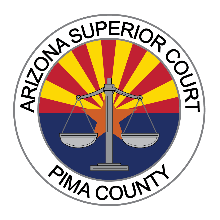The goal of community supervision is to selectively and proactively intervene with an probationer to reduce the likelihood of future criminal activity and to ensure restitution to victims and the community. When the court imposes a term of probation, a probation officer is assigned to monitor and facilitate rehabilitative opportunities for the probationer. The probationer must comply with the specified terms and conditions of probation imposed by the court. General conditions of probation may include the payment of restitution, fines and fees; reporting to the probation officer as instructed; performing community restitution hours; participating in counseling, education or mental health programs; submitting to drug testing; and avoiding contact with negative peers and influences. Additional, case-specific conditions of probation may also be included, along with special conditions of probation.
The supervising probation officer, with input and cooperation from the probationer, determines the specific factors that need to be addressed to reduce the likelihood of reoffending. A supervision plan is developed that is designed to address those needs utilizing practices research has shown to be the most effective.
Newly sentenced probationers should report to their assigned probation officer within 24 hours of sentencing. An initial meeting with the probation officer is essential to ensure the probationer thoroughly understands what the court has ordered them to do and to receive additional reporting instructions. Probationers should maintain copies of the conditions of probation they signed in court for reference during their term of supervision.
Uniform Conditions of Supervised Probation



